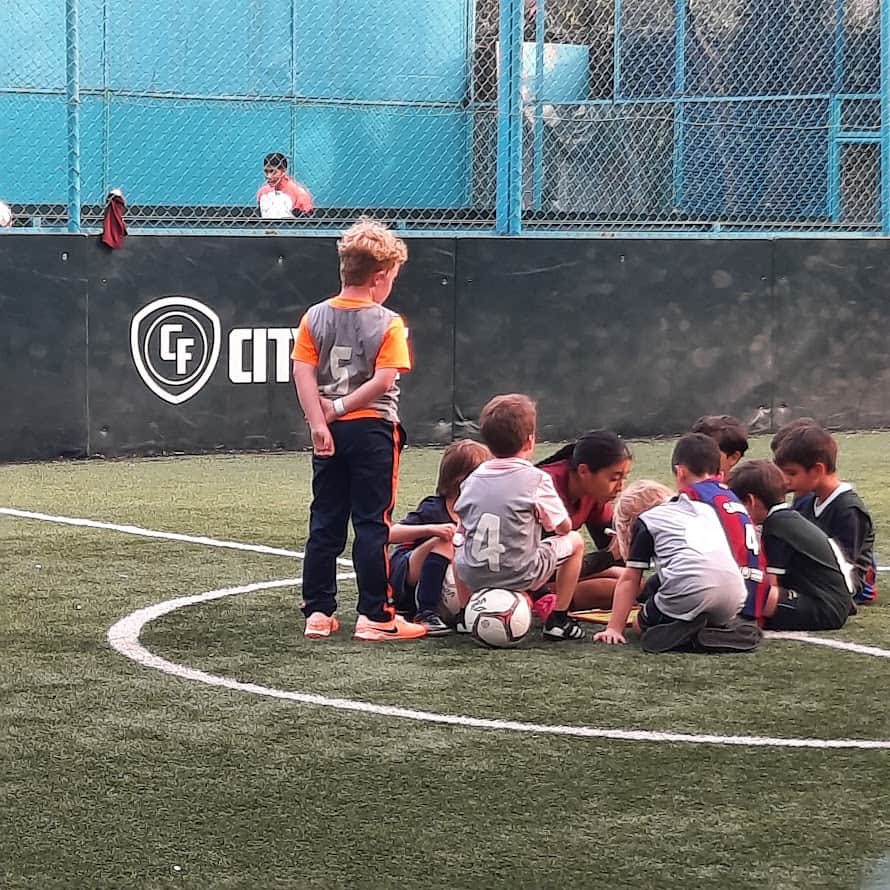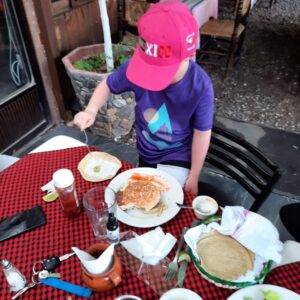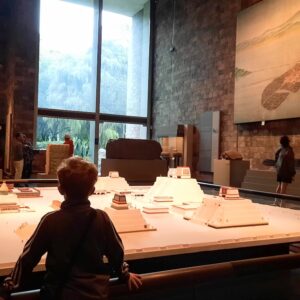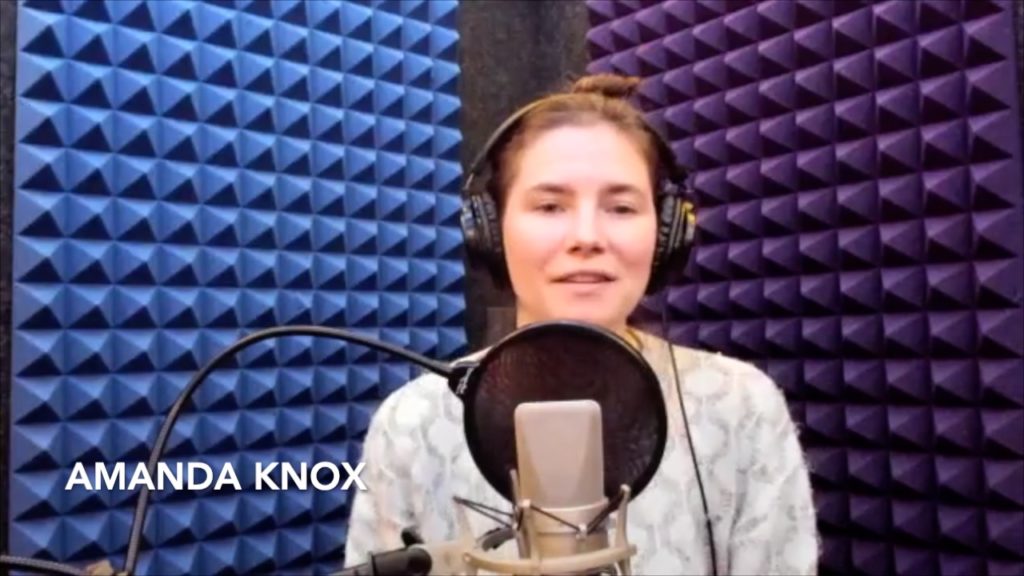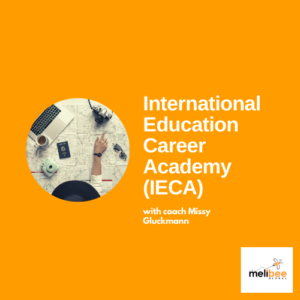Who is going to be the first? The first to commit to a 10% increase in base pay for those who work in study abroad in 2026?
Leaders, don’t look around the virtual room to see who is sheepishly avoiding eye contact. Don’t do anything but raise your hand to accept this challenge.
I don’t need to lecture you on how underpaid professionals in this field are. I regularly see salaries posted that make me smirk, laugh out loud, or tear up. They’re abysmal. Pathetic. Laughable. Degrading. Infuriating. Demeaning.
I’m going to pick on one of those low paying jobs that offends me – shared with me by someone who works in the field: An Ed Abroad Advisor job at Indiana University – Bloomington.
$47,500-$49,000 annually. You read that correctly.

How insulting.
Let me clarify all that is wrong with this:
- The salary is atrocious. The living wage in Bloomington, Indiana is $20.85 for 2025 for a single person. The hourly for this position breaks down to $22.84 when using the $47,500 minimum salary. The 49K breaks down to just above $23. And that is if you’re SINGLE with no children. If you have a child and are single, the living wage shoots up to $38.49. – so you’re losing money working for this salary if you are single with a child. And let’s be real – who in this field actually works a minimum of 40 hours per week? And don’t even get me started on how many people can only consider this job if they are married/have a partner to close the income gap. Really, don’t get me started on that rant. It won’t be pretty.
- The job requires a MA degree. So to barely break even in your salary vs living wage in Bloomington, IN, you must pay an average of 44K for a MA degree. Could one pay off a school loan as a single person? I think not.
- The President of this university has a salary of 900K. She just received a pay raise of 28% because she is underpaid compared to other universities. Does she do a good job and deserve this pay? I have no idea. But I can tell you that whoever does get this study abroad advising job will dedicate their lives to it and barely be able to eat more than spaghetti to do so if they have a student loan, a car, or plan to retire before they hit 75.
- Yes, I realize that salary is not the only compensation one receives when working full time. With the rising costs of healthcare and just about everything, being able to allocate funds for retirement is more challenging than ever – so many people aren’t maximizing (or even using) such benefits. Many are working a second job to cover the gap in income. (Has the Forum on Education Abroad or NAFSA ever done a survey about how many people have a side hustle to survive in this field?)
- My first corporate job THIRTY+ years ago paid more than this. (It was not in a major city with a high cost of living.)
- The salary listed in this posting apparently gives a whopping $1500 negotiation range. Seriously?! Because if you do manage to negotiate up to the higher end of that $1500, you’ll end up taking more than 20% of that out for taxes when you’re paid and the remainder might cover your food and entertainment for three weeks. What isn’t being shared here is the salary BAND – a much more useful piece of information about what could be offered. This only lists what someone who is counting beans for a living is offering for the role because of their poor budget. This enrages me!
Study abroad leadership, we can do better. We MUST do better.
(Now, I realize some of you will be yelling at me through the computer insisting that your team is paid well – and some are certainly paid better than this – but I’m talking to the vast majority who are not and who fear if they lose this job they won’t get another so they accept this shi$$y salary and work at the mall, or teach ESL online several times a week.)
We are demanding more and more from employees. The job requires more CYA (cover your ass) paperwork than ever before. More supervising other people. More financial savvy. More creativity. More knowledge of intercultural intersections. More laws, regulations, and policies.
This particular job posting that I’m picking on is on par with the average salaries of garbage and recycling collectors (in 2023) in the USA – jobs that don’t require a degree. And I may be guessing here, but me thinks that most garbage collectors are not losing sleep at night over changing visa application fees, emergency insurance for random things like flight cancellations because of volcanic eruptions (yes, this did happen several years ago), and dealing with the parents of a belligerent student who thought it was wise to drink too much and fell into a river (drowning) while in Italy (yes, that happened too.)

So, instead of listing a bunch more job postings to serve as evidence for what we have known in the field for years, I”m throwing a challenge out there – and yes, I’m looking to you, PROVIDERS, and you, study abroad programs at universities/colleges that don’t need to jump through excessive hoops to adjust salaries, to STEP UP and SHOW UP with courage and ethics = the challenge is to increase all of your staff’s base salary by 10% for 2026.
With no excuses and no drama.
If your Sr. Leadership is making six figures with ease – and some making nearly a million dollars or more annually – you can find a way to right the salary ship for those who are doing the daily heavy lifting. (For those of you who are thinking “no one in this field makes a million dollars” – please know you are wrong – there are people who do!) Those folks may need to take a pay cut to do so, but read about one CEO who did this so he could pay everyone in his company a minimum of 70K a year. It is possible.
And I’m breaking my own rule already – this posting for a job at UT Chatanooga is current and even worse than the one listed above. 
This challenge applies to BOTH .edus AND third party providers/partners.
How can you help our field get paid more?
- Print this and bring it to your staff meeting – ask if anyone else has seen it.
- Email it to your boss and ask for a meeting to discuss the challenge and what you can do to support it.
- Comment and share it – with everyone in the field you know.
- AGREE TO IT as a senior leader and tell everyone you are. That is when things will change – when just ONE big player in the field makes a bold move…others will follow!
I look forward to hearing who the first will be. GO!
With all the love for my past field and deep respect for those working 40 plus hours a week to positively change the world,
Missy, IE’s unofficial shit stirrer-upper



